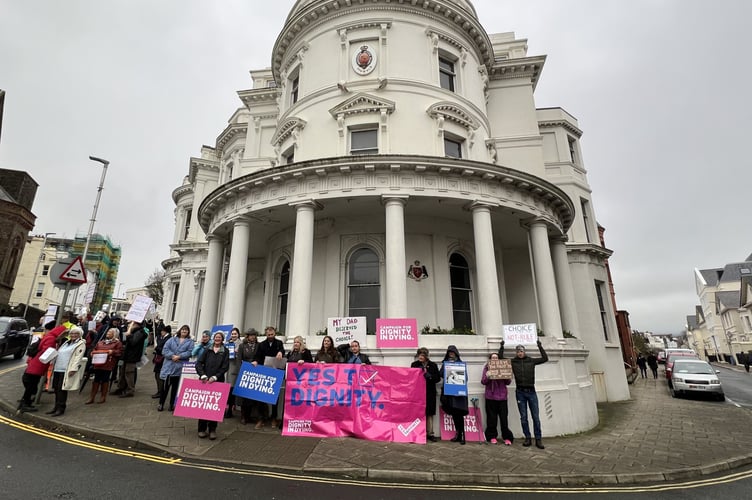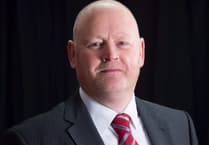The Chief Minister has outlined what the question should be if his call for a referendum over the Assisted Dying Bill goes ahead.
Alf Cannan was quizzed for an hour at an extra sitting of the House of Keys on Monday on his amendment to hold a referendum.
He told the House: ‘The question would be very simple: “do you support the Assisted Dying Act coming into force” with a yes or no.’
Mr Cannan also explained that the referendum would take place within six months of the act receiving royal assent.
‘If all goes smoothly then the act would be passed by mid-2025 and then the referendum would take place within six months of that happening.’
When asked whether there would need to be a threshold over the number of people voting he said there wouldn’t be.
‘It would be a majority decision and we need to keep it as simple as possible,’ he said. ‘If only 20% of the population vote then that is unfortunate but it would be a majority binding decision.’
Onchan MHK Rob Callister requested for Monday’s extra sitting of the Keys to be placed into a Committee session in order to question Mr Cannan in detail about his referendum proposal.
Dr Alex Allinson, who proposed the Bill, described the amendment as a ‘delaying tactic’ to try and prevent the Bill coming into effect despite parliamentary approval.
Mr Cannan said the referendum would have to be overseen by the Council of Ministers and refuted claims his referendum call was either a diversion or stalling tactic.

The island had been on track to become the first place in the British Isles to introduce assisted dying for terminal ill adults who have a ‘clear and settled’ intention to end their life.
Dr Allinson, the government Minster, Ramsey MHK and GP behind the private member’s Bill, had said it was feasible that Royal Assent could be granted in 2025 and assisted dying made available as early as 2027. But that was before Mr Cannan announced his proposal for a referendum.
Mr Cannan told the House the legislation to enable a referendum could be done quickly by amending the Referendum Act of 1979 and referenced the New Zealand referendum on whether euthanasia should be made legal which was done quickly.
Concerns were raised over campaigns and whether external groups or organisations would unduly influence the Manx public.
But Mr Cannan said: ‘I think we should trust the people.’
The Keys was then placed into a further Committee session to question Attorney General Walter Wannenburgh on the referendum.
He told the House that, under the 1979 Referendum Act, it would be the deemsters who would frame the question and how the vote would be conducted but he warned this would pose problems.
He said: ‘If the judiciary is involved in wording the legislation then it maybe deemed improper and could compromise the independence of the judiciary.’
He suggested a better approach would be for the referendum legislation to be encompassed within the Assisted Dying Act which would mean either Tynwald or the Electoral Commission could frame the question and how the voting would be conducted.


.jpg?width=209&height=140&crop=209:145,smart&quality=75)

